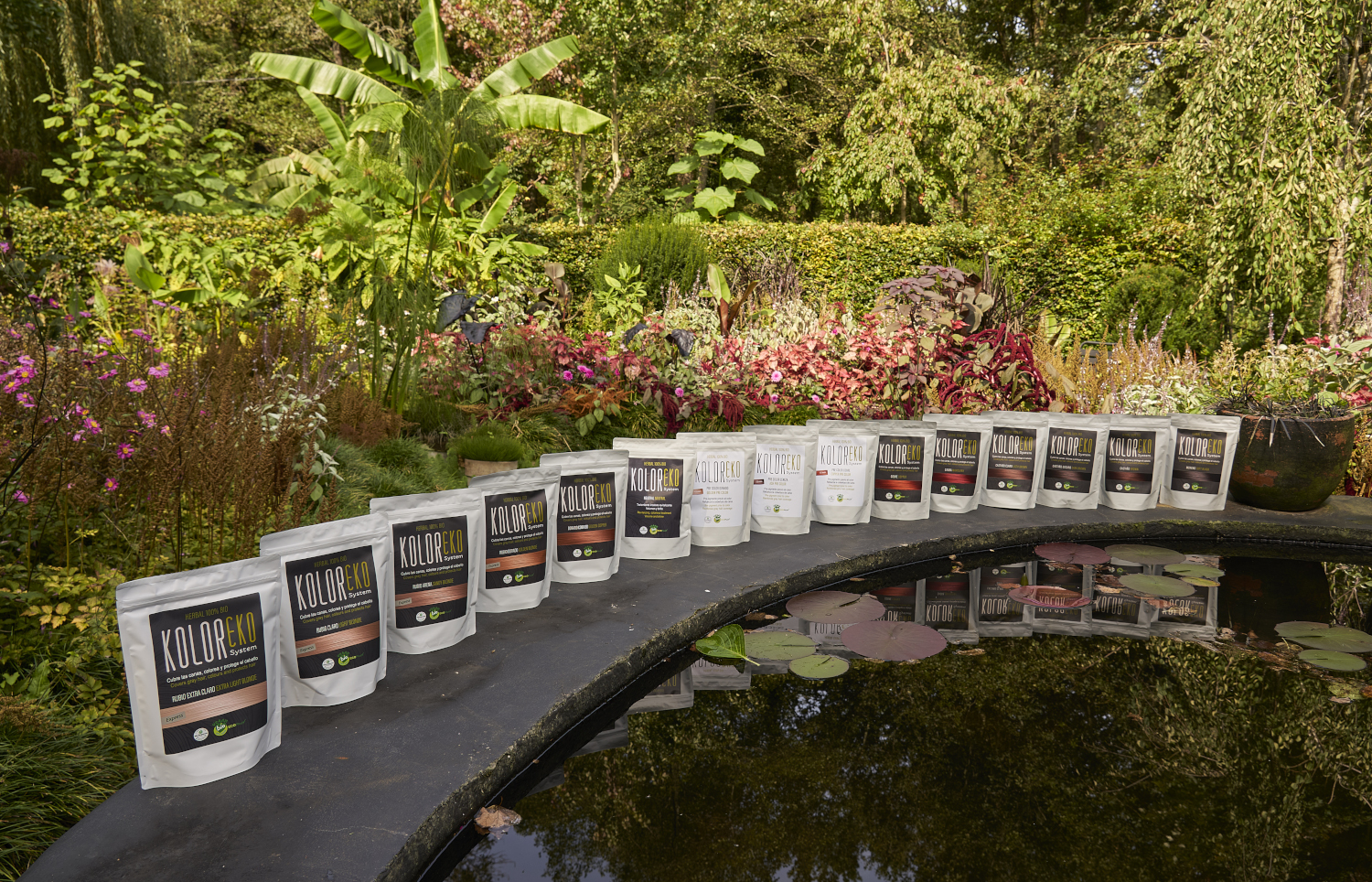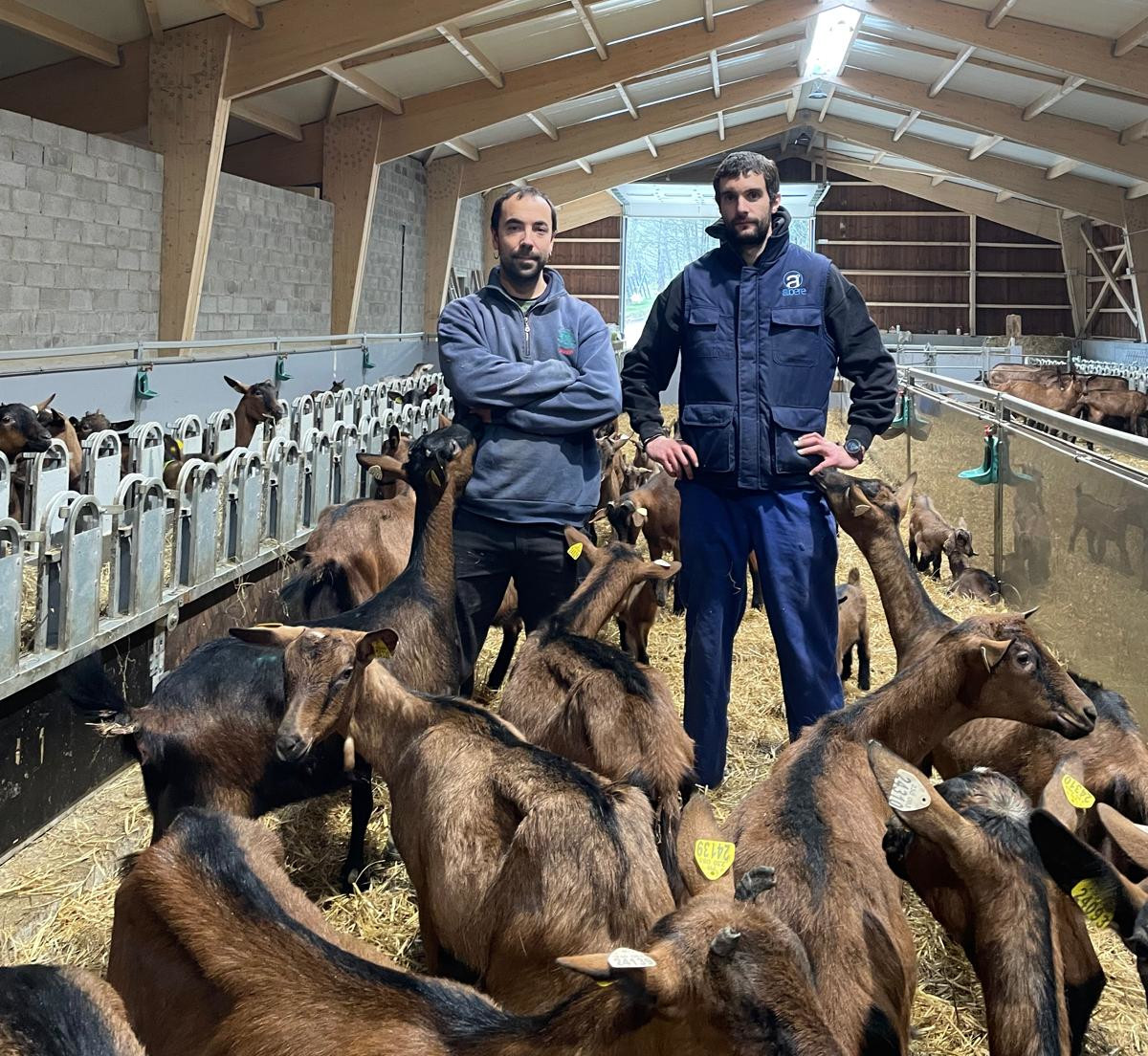Organic hops produced in the villages of the Basque Country
- The Euskal Lupuloa project originates from a colloquial colloquium in which a friend who seven years ago produced beer told him that it was impossible for beer to be really native because no hops were produced in the Basque Country. “I’m a baserritarra and I’ve always worked in the home world. I started doing research on my own.” Gorka Iruretagoiena, the creator of the Mujika project, has given us the explanations.

To begin with, Iruretagoiena wanted to know if in Euskal Herria there was ever the habit of producing hops, and to his surprise, he discovered that in the decades of the 40-50 it was produced in the dwellings here. “It wasn’t produced for beer, it would be used for cattle.” This showed him that it was possible to grow the plant here.
It explains that approximately 98% of hops produced in the Spanish State are produced in León: “I began to better investigate the world of hops in León and discovered the global monopoly in this field: Hopsteiner is a giant hops company that controls the entire production of León.” Farmers sell hops to this company, but it is the company that always sets prices. Last year, for example, farmers were paid one kilo of hops of EUR 4.80, a variety that the company sells between EUR 30 and 35.
Three-family cooperative
Three villages of Villabona, Asteasu and Getaria are currently working on the Euskal Lupuloa project and are working on an ecological model. “The organic production of hops in the world does not reach 1%.” They started experimenting with various varieties coming from León, and at the same time they met an organic hop producer in Catalonia and started collaborating with it. Currently they have 22 varieties of hops and their goal is to bring two or three new varieties a year.
The whole process they do themselves: produce plants, dry the hops, make pellets and market. “The idea has been to create a network between us: we distribute the end-of-harvest benefits based on the work of each farmhouse.” In the first three years the plant does not win and requires a significant investment: it occupies a height of seven meters and it is necessary to place columns and wiring. However, the greatest difficulty has been encountered in the field of certification: “We have had many impediments to certifying hops. Because the big company has a monopoly, they wanted it to be sold through them. In the end, hardly, but we managed to get a laboratory here to certify our hops.”
Duela lau urte abiatu zuten Azpeitian Enkarguk proiektua, Udalaren, Urkome Landa Garapen Elkartearen eta Azpeitiako eta Gipuzkoako merkatari txikien elkarteen artean. “Orain proiektua bigarren fasera eraman dugu, eta Azkoitian sortu dugu antzeko egitasmoa, bere izenarekin:... [+]
Donostiako Amara auzoko Izko ileapaindegi ekologikoak 40 urte bete berri ditu. Familia-enpresa txikia da, eta hasieratik izan zuten sortzaileek ile-apainketan erabiltzen ziren produktuekiko kezka. “Erabiltzaileen azalarentzat oso bortzitzak dira produktu gehienak, baina... [+]
Ubidekoak (Bizkaia) dira Imanol Iturriotz eta Aritz Bengoa gazteak. “Lagunak gara txikitatik, eta beti izan dugu buruan abeltzaintza proiektu bat martxan jartzeko ideia”, azaldu du Iturriotzek. Nekazaritzari lotutako ikasketak izan ez arren, baserri munduarekin eta... [+]
Iruñean bizi ziren Iñaki Zoko Lamarka eta Andoni Arizkuren Eseberri gazteak, baina familiaren herriarekin, Otsagabiarekin, lotura estua zuten biek betidanik. “Lehen, asteburuetan eta udan etortzen ginen eta duela urte batzuk bizitzera etorri ginen”, dio... [+]
Gipuzkoako hamaika txokotatik gerturatutako hamarka lagun elkartu ziren otsailaren 23an Amillubiko lehen auzo(p)lanera. Biolur elkarteak bultzatutako proiektu kolektiboa da Amillubi, agroekologian sakontzeko eta Gipuzkoako etorkizuneko elikadura erronkei heltzeko asmoz Zestoako... [+]
Emakume bakoitzaren errelatotik abiatuta, lurrari eta elikadurari buruzko jakituria kolektibizatu eta sukaldeko iruditegia irauli nahi ditu Ziminttere proiektuak, mahai baten bueltan, sukaldean bertan eta elikagaiak eskutan darabiltzaten bitartean.





















